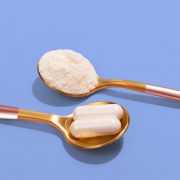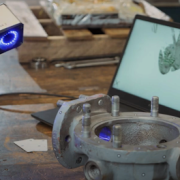In the world of modern manufacturing, precision, durability, and performance are key to creating high-quality products. One of the primary ways to achieve these qualities is through the use of forged components. Forging involves shaping materials, typically metals, using compressive forces to improve their strength and durability. Forged components are integral to industries such as automotive, aerospace, and heavy machinery, where performance and reliability are paramount.
Why Forged Components Matter
Forged components manufacturer are known for their superior strength and resistance to wear and tear. When metal is forged, the grains within the material are compressed and aligned in a way that enhances its structural integrity. This process results in parts that can withstand extreme pressures, temperatures, and stresses—qualities that are crucial in many modern manufacturing applications.
The use of forged components also offers greater reliability and longer life cycles for end products, reducing the frequency of failures and maintenance costs over time. For instance, in the automotive industry, forged components are used in engine parts, suspension systems, and drivetrain components, where high-performance and safety are critical.
Choosing the Right Forged Components Manufacturer
The role of a forged components manufacturer is pivotal in ensuring that the parts meet the required standards for quality, strength, and precision. A trusted forged components manufacturer uses advanced technology and materials to craft components that meet specific industry demands. These manufacturers have the expertise to produce components with tight tolerances, ensuring they perform reliably in their intended applications.
Furthermore, a quality forged components manufacturer understands the importance of innovation in manufacturing. They continuously improve their processes to deliver products that meet evolving industry standards. This commitment to innovation ensures that forged components can meet the needs of cutting-edge technologies and applications.
Applications Across Industries
The versatility of forged components allows them to be used in a wide range of industries. In aerospace, for example, forged components are essential for creating lightweight but durable parts that can withstand high altitudes and extreme temperatures. In the energy sector, forged components are used in turbines and pumps, where strength and resistance to fatigue are critical.
The automotive industry also heavily relies on forged components for creating parts like crankshafts, pistons, and gears. These components must withstand high levels of stress while remaining lightweight to optimize vehicle performance and fuel efficiency.
Conclusion
In modern manufacturing, the role of forged components cannot be overstated. Their unmatched strength, reliability, and versatility make them essential in a wide range of applications. Partnering with an experienced and trusted forged components manufacturer is key to ensuring that these parts meet the highest standards of quality and performance, allowing manufacturers to produce durable, high-functioning products that stand the test of time.


















Comments